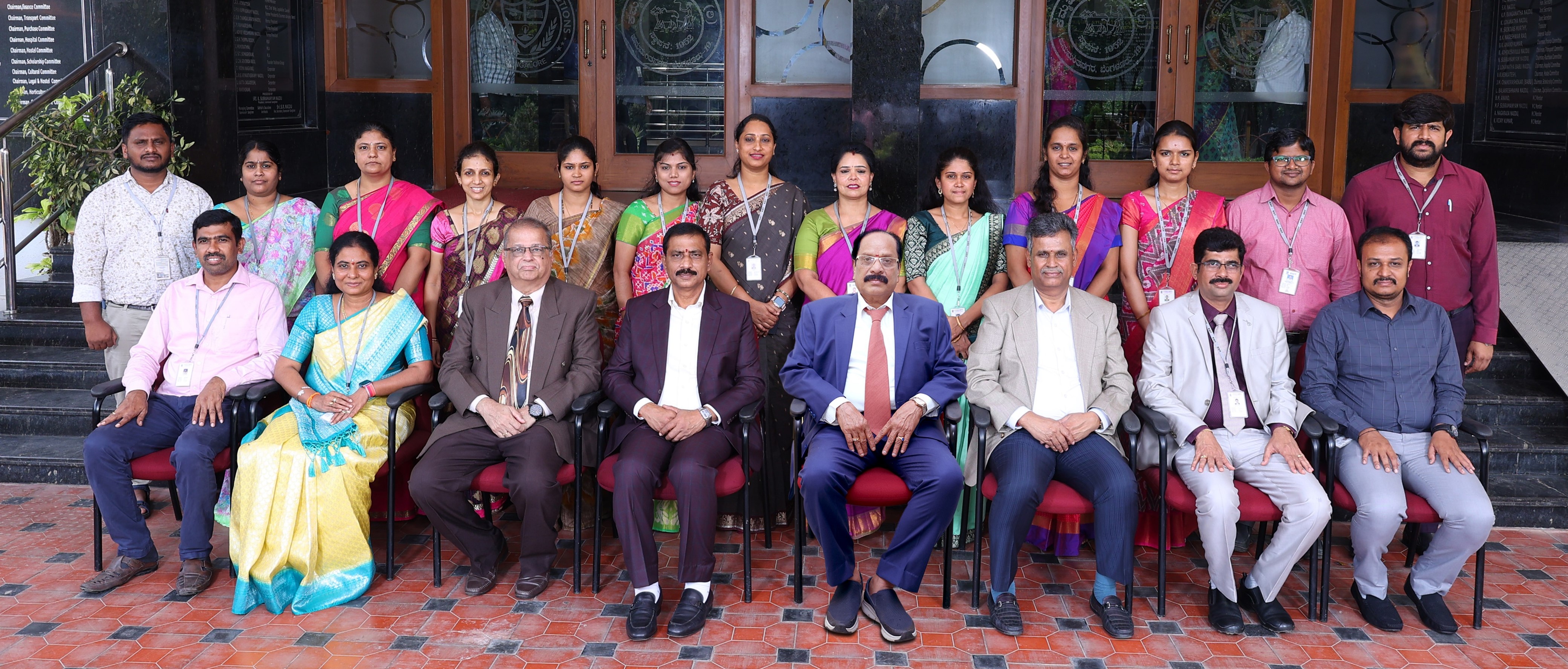
College Code
CET : E091
COMED-K : E068
Notification |
Online Fee PaymentKammavari Sangham (R) 1952, K.S.Group of Institutions
K. S. INSTITUTE OF TECHNOLOGY
No.14, Raghuvanahalli, Kanakapura Road, Bengaluru - 560109, 9900710055
An Autonomous Institution, Under VTU, Belagavi & Approved by AICTE, New Delhi,
Accredited by NBA (CSE & ECE) & NAAC A+
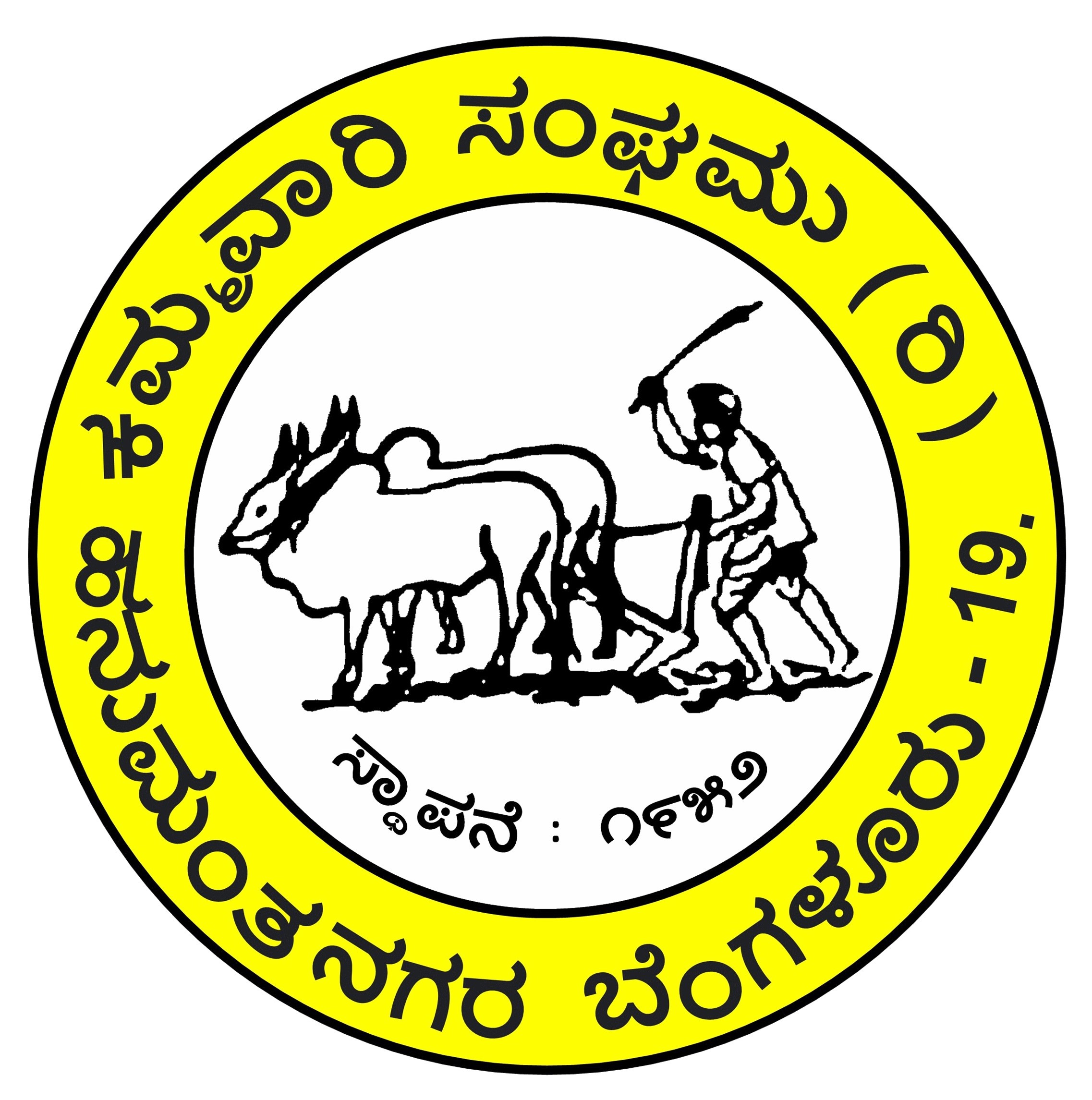

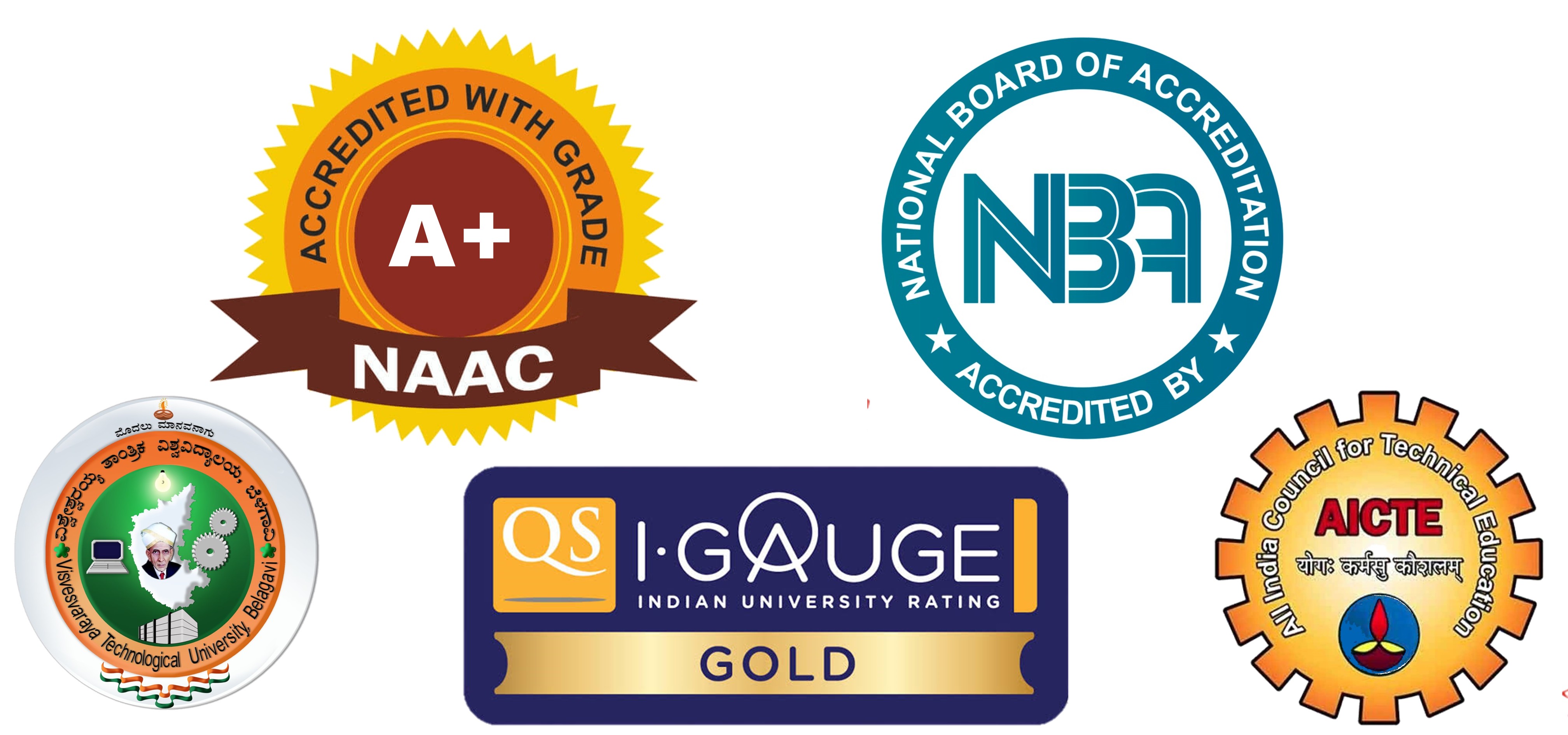
The Applied Sciences department comprises of the three branches of Mathematics, Physics and Chemistry. They play a vital role in shaping the engineering knowledge acquisition and learning process.
Basic Science is an idea, a culmination of ideas that constitute everything in our daily life. Department of Science and Humanities encompasses Mathematics, Physics, Chemistry, English, Kannada, Professional ethics and cyber laws and Indian constitution courses being offered to all engineering students. An engineer in particular, keeps coming back to basic Physics and Chemistry in his career. Mathematics, Physics and Chemistry will forever remain the 3 cardinal factors responsible for Earth's existence and Humanities will always be an explanation of the difficulties faced by them in its continuous journey through the eras. The department has remained true to the vision on which it was founded.
The basic science department has a total 10 teaching faculty members with various specialization, out of which 2 are Ph.D. holders and 6 are pursuing Ph.D. The faculties in the department understands and are extremely helpful to the students in all their endeavours and make sure they receive excellent care and immense motivation and the department has strong R & D centre. Laboratories and Research departments are fully equipped that serves as a platform to quench the thirst of the students who are practical hunters.
Every year department releases its newsletter Highlighting academic, Co-curricular activities of staff and students. Various workshops on programming skills, carrier guidance, cloud, Big Data Analytics, Artificial Intelligence, IoT and Networks remain active throughout the year to enhance the skills of staff and students. Our department has several MOU with industries, R&D and training centers to give guidance, assistance and internships facilities for UG and PG students as well as collaborative research for PhD students.
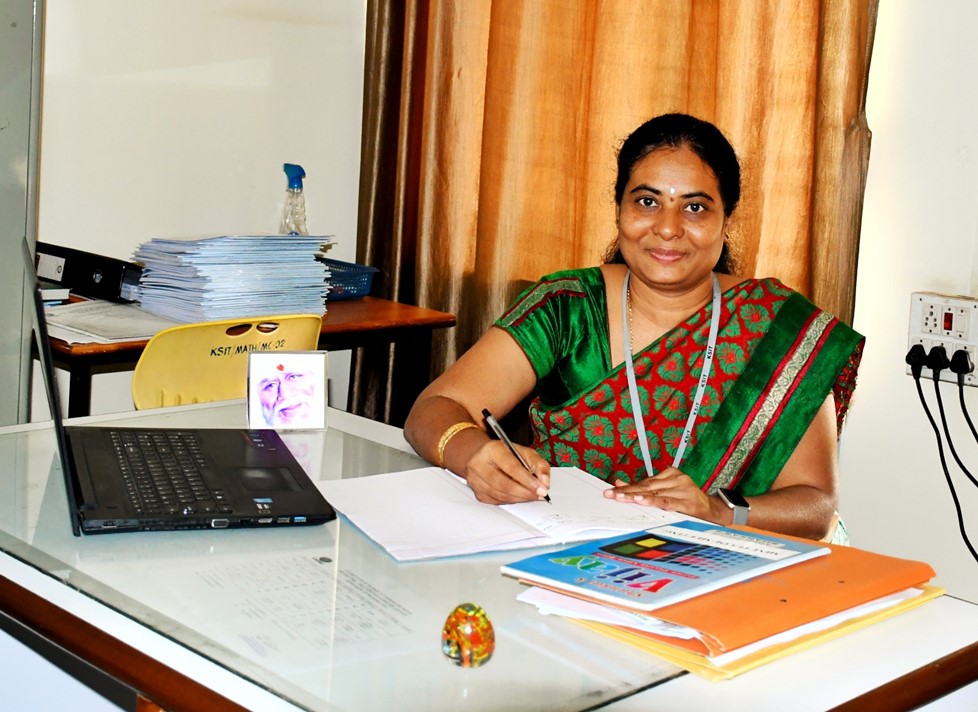
Head, department of BS&H, has total of 20 years of teaching experience. Prof Jalaja P obtained master's degree in mathematics in Sri padmavathi visva vidyalayam,Thirupathi University and completed her doctoral degree from Visvesvaraya technological University,Belagalvi. Area of research is Fluid Dynamics.
PO1 Engineering knowledge: Apply the knowledge of mathematics, science, engineering fundamentals, and an engineering specialization to the solution of complex engineering problems.
PO2 Problem analysis: Identify, formulate, research literature, and analyze complex engineering problems reaching substantiated conclusions using first principles of mathematics, natural sciences, and engineering sciences.
PO3 Design/development of solutions: Design solutions for complex engineering problems and design system components or processes that meet the specified needs with appropriate consideration for the public health and safety, and the cultural, societal, and environmental considerations.
PO4 Conduct investigations of complex problems: Use research-based knowledge and research methods including design of experiments, analysis and interpretation of data, and synthesis of the information to provide valid conclusions.
PO5 Modern tool usage: Create, select, and apply appropriate techniques, resources, and modern engineering and IT tools including prediction and modeling to complex engineering activities with an understanding of the limitations.
PO6 The engineer and society: Apply reasoning informed by the contextual knowledge to assess societal, health, safety, legal and cultural issues and the consequent responsibilities relevant to the professional engineering practice.
PO7 Environment and sustainability: Understand the impact of the professional engineering solutions in societal and environmental contexts, and demonstrate the knowledge of, and need for sustainable development.
PO8 Ethics: Apply ethical principles and commit to professional ethics and responsibilities and norms of the engineering practice.
PO9 Individual and team work: Function effectively as an individual, and as a member or leader in diverse teams, and in multidisciplinary settings.
PO10 Communication: Communicate effectively on complex engineering activities with the engineering community and with the society at large, such as, being able to comprehend and write effective reports and design documentation, make effective presentations, and give and receive clear instructions.
PO11 Project management and finance: Demonstrate knowledge understanding of the engineering and management principles and apply these to one's own work, as a member and leader in a team, to manage projects and in multidisciplinary environments.
PO12 Life-long learning: Recognize the need for, and have the preparation and ability to engage in independent and life-long learning in the broadest context of technological change.
Chemistry R&D is a central facility available to students and faculty of KSIT College of Engineering to work on Chemical processes and Nano research areas and applications from all branches of engineering. The mission of this facility is to support research and educational objectives of KSIT and offer state of the art fabrication and characterization facilities and services to novel and technologically relevant research. Its is a matter of Proudness to announce that The Department has been recognized as R & D Centre by Visvesvaraya Technological University for carrying out Research activities leading to M. Sc. (Engg.) and Ph.D. degrees. Established in the year 2007-08 CENTER FOR NANOSCIENCE and envisions growth to meet the future demands of materials and chemical processes.
To create indigenous capability in the emerging areas like Nano Materials, composites, Synthesis of Nanoparticles, characterization and application towards energy and environment, Adsorption studies Electrodeposition, Kinetics of Biomolecules Photocatalysis, Electrode Modification & Sensors etc. Promotion of research among faculties by conducting programs on research methodology, research possibilities in science and technology. CENTER FOR NANOSCIENCE facilities provide an environment for the overall career development of researchers, students and faculty .
Mathematics Faculties publication details [View here]
Chemistry faculties publications details [View here]
Physics faculties publications details [View here]
Basic science faculties journals publication details [View here]
R & D Details [View here]
Project details [View here]
PhD Pursuing faculty members [View here]
PhD AWARDED FACULTY MEMBERS [View here]
MATHEMATICS notes link for I,II,III & IV Semester [view here]
MATHEMATICS you tube channel link [view here]
CHEMISTRY lab experiments link [view here]
CHEMISTRY Notes link [view here]
PHYSICS lab you tube channel link [view here]
PHYSICS notes link [view here]
CHEMISTRY AND PHYSICS LAB MANUALS LINK [view here]
2023-24 PEDAGOGY REPORT [view here]
2022-23 PEDAGOGY REPORTS [view here]
2021-22 PEDAGOGY REPORT [view here]
Basic science Pedagogy Activities link [view here]
I SEM CHEMISTRY CYCLE TIMETABLE [download here]
II SEM CHEMISTRY CYCLE TIME TABLE [download here]
I SEM PHYSICS CYCLE TIME TABLE 24-25 [download here]
I SEM TIME TABLE 2023-24 [download here]
II SEM TIME TABLE 2022-23 [download here]
I SEM TIME TABLE 2022-23 ODD SEM [download here]
II SEM CHEMISTRY CYCLE TIME TABLE [download here]
II SEM PHYSICS CYCLE TIME TABLE [download here]
I SEM PHYSICS CYCLE TIME TABLE 2021-22 [download here]
I SEM CHEMISTRY CYCLE TIME TABLE 2021-22 [download here]
II sem CHEMISTRY cycle time table 2020-21_ even [download here]
II Semester PHYSICS cycle time table 2020-21 [download here]
II Semester CHEMISTRY cyccle time table-2020-21 [download here]
I Semester Physics Cycle Time Table-ODD SEMESTER 2020-21 [download here]
I SemesterChemistry Cycle Time Table(ODD SEMESTER) 2020-21 [download here]
Chemistry cycle Time Table for Even sem 2019-20 [download here]
Physics cycle Time Table for Even sem 2019-20 [download here]
Chemistry cycle lab [download here]
Physics cycle lab [download here]
1 st sem A 2019-2020 [download here]
1 st sem B 2019-2020 [download here]
1 st sem C 2019-2020 [download here]
1 st sem E 2019-2020 [download here]
1 st sem F 2019-2020 [download here]
I st sem G 2019-2020 [download here]
II A [download here]
II B [download here]
II C [download here]
II D [download here]
II E [download here]
II F [download here]
II G [download here]
Ist G Telecommunication engineering odd 2018-19 [download here]
Ist F sec EC odd 2018-19 [download here]
Ist E sec ECE odd 2018-19 [download here]
Ist D Mechanical engineering odd 2018-19 [download here]
Ist C Mechanical engineering odd 2018-19 [download here]
Ist sem B sec CSE odd 2018-19 [download here]
Ist A ssec CSE 0dd 2018-19 [download here]
I SEM PHYSICS CYCLE TIME TABLE 24-25 [download here]
III IA TIME TABLE 2024-25 ODD SEM [download here]
II IA TIME TABLE 2024-25 ODD SEM [download here]
I IA TIME TABLE 2024-25 ODD SEM [download here]
II IA TIME TABLE 2023-24 ODD SEM [download here]
I IA TIME TABLE 2023-24 ODD SEM [download here]
IMPROVEMENT TEST TIME TABLE 2022-23 EVEN SEM [download here]
III IA TIME TABLE 2022-23 EVEN SEM [download here]
II IA TIME TABLE 2022-23 EVEN SEM [download here]
I IA TIME TABLE 2022-23 EVEN SEM [download here]
IMPROVEMENT TEST TIME TABLE 2022-23 ODD SEM [download here]
III IA TIME TABLE 2022-23 ODD SEM [download here]
II IA TIME TABLE 2022-23 ODD SEM [download here]
I IA TIME TABLE 2022-23 ODD SEM [download here]
IMPROVEMENT TEST TIME TABLE 2021-22 EVEN SEM [download here]
III IA TIME TABLE 2021-22 EVEN SEM [download here]
II IA TIME TABLE 2021-22 EVEN SEM [download here]
I IA TIME TABLE 2021-22 EVEN SEM [download here]
Improvement test Time table 2021-22 odd sem [download here]
IA 3 Time table 2021-22 odd sem [download here]
IA 2 TIME TABLE 2021-2022 [download here]
2020-21 physics cycle time table-even sem [download here]
3rd test time table for II sem Physics cycle 2019-20 [download here]
3rd test time table for II sem Chemistry cycle 2019-20 [download here]
2nd test time table for II sem Physics cycle 2019-20 [download here]
2nd test time table for II sem Chemistry cycle 2019-20 [download here]
1st test time table for II sem Chemistry cycle 2019-20 [download here]
2nd internal test for all first year students 2019-2020 [download here]
Ist internal test for all first year students 2019-2020 [download here]
3 rd Internal Test-2018-19 [download here]
2 nd Internal Test-2018-19 [download here]
1 st Internal Test-2018-19 [download here]
Ist internal test for all first year students 2018-2019 [download here]
CALENDER OF EVENTS 2024-25 EVEN SEM [download here]
CALENDER OF EVENTS 2024-25 ODD SEM [download here]
CALENDER OF EVENTS 2023-24 ODD SEM [download here]
CALENDER OF EVENTS 2022-23 EVEN SEM [download here]
CALENDER OF EVENTS 2022-23 ODD SEM [download here]
CALENER OF EVENTS 2021-22 EVEN SEM [download here]
CALENDER OF EVENTS 2021-22 ODD SEM [download here]
EVEN SEMESTER CALENDER OF EVENTS 2020-21 [download here]
Odd Semester Calender of Events(I SEM) 2020-21 [download here]
Even semester calender of Events 2019-20 [download here]
Odd sem calender of events odd 2019-2020 [download here]
Even Semester (2018-2019) [download here]
First sem calendar for 2018-2019 from Basic science & Humanities department [download here]
First sem calender of event odd 2018-2019 [download here]
Physics syllabus 2022 SCHEME [view here]
Physics syllabus 2021 SCHEME [view here]
PHYSICS SYLLABUS 2020-21 [view here]
PHYSICS SYLLABUS 2019-20 [view here]
SYLLABUS 2018-19 [view here]
CHEMISTRY SYLLABUS 2022 SCHEME [view here]
Chemistry syllabus 2021 SCHEME [view here]
Chemistry Syllabus 2020-21 [view here]
Chemistry syllabus 2019-20 [view here]
Chemistry syllabus 2018-19 [view here]
MATHEMATICS 22 SCHEME SYLLABUS EVEN SEM(II SEM) [view here]
MATHEMATICS 22 SCHEME SYLLABUS ODD SEM(I SEM) [view here]
MATHEMATICS 21 SCHEME SYLLABUS-EVEN SEM(II SEM) [view here]
MATHEMATICS 21 SCHEME SYLLABUS-ODD SEM(I SEM) [view here]
SYLLABUS 2019-20 [view here]
SYLLABUS 2018-19 [view here]
SYLLABUS 2017-18 [view here]
SYLLABUS 2015-16 [view here]

"Industrial Trip - 24-25"
2024-12-20
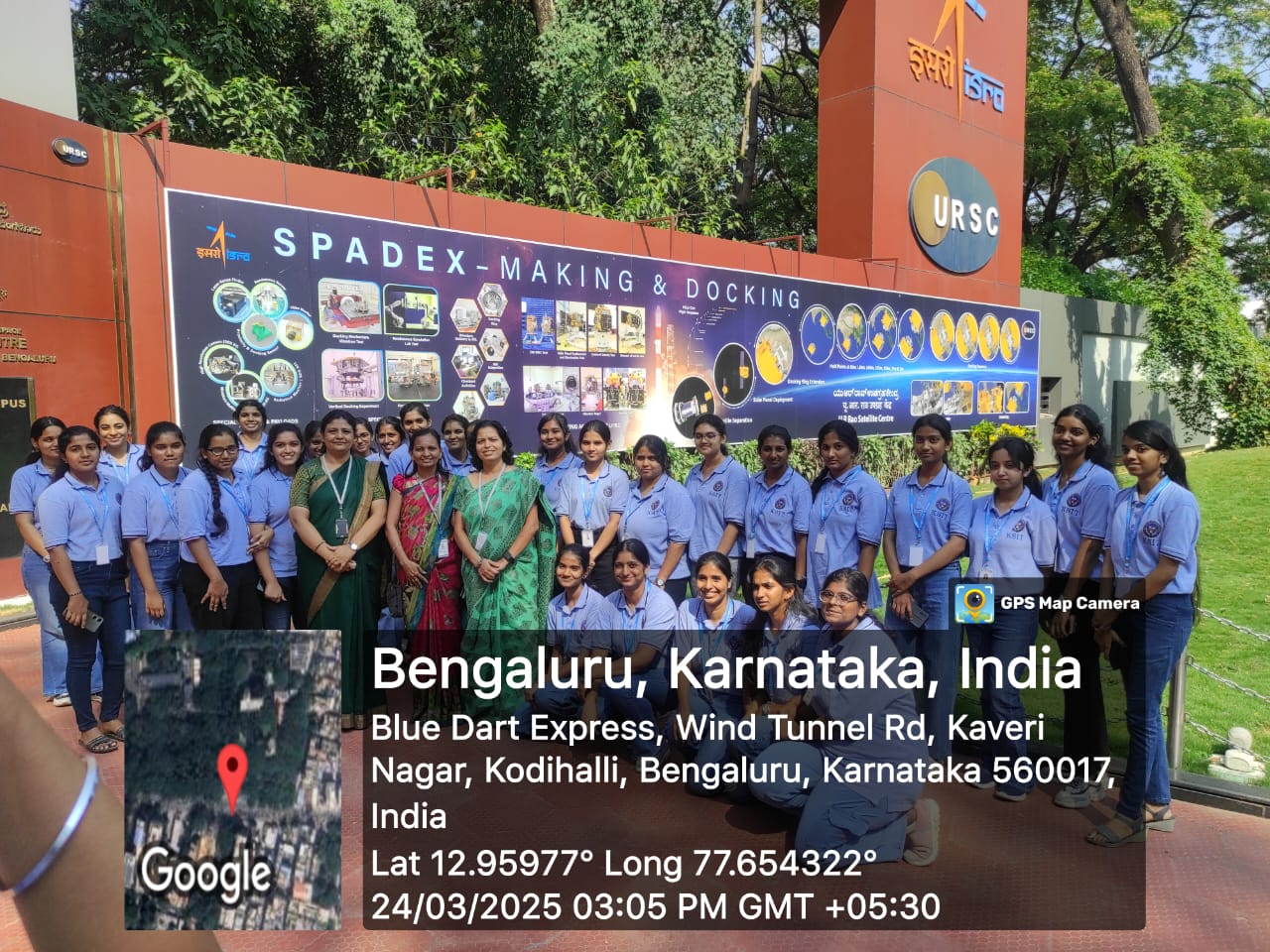
"Industrial Trip - 2024-25"
2025-03-08

"Guest Lecture on - Role of Science in Technology: Past, Present Future - 2024-25"
2025-01-07
E Resources Link [view here]
FDP 2023-24 [view here]
FDP 2022-23 [view here]
FDP 2021-22 [view here]
FDP 2020-21 [view here]
FDP 2019-20 [view here]
Mathematics is the basic tool of engineering which is the QUEEN of all sciences. Department of Mathematics came into existence with the establishment of the institution KSIT in the year 1999. Mathematics is taught to engineering students for first four semesters. The basic aim of the department is in pursuit of academic excellence and better understanding of Mathematical skills from fundamental level to its applications which is essential to every engineer.
The department has five well qualified, experienced and dedicated faculty members with one professor and four Assistant Professors Faculty members are also actively involved in research. The faculty members together have published more than 25 research articles in national and international journals and 51 in national and international conferences. Faculty members constantly enrich their knowledge by innovative teaching methods, research and participating actively in seminars, conferences and workshops at national and international level. The faculty of Mathematics department actively participate both in curricular and co curricular activities of the college.
Department has brought out student resources to motivate and help students in academics. The student resource material consists of thoroughly prepared Notes, Question Bank and Assignments which are distributed to them. Special classes are conducted for Diploma Students from lateral entry and slow learners. The graph of Mathematics result is always on the upper trend from 90 to 100 %.
SEMESTER I
Course Name & Course code:
Mathematics-I for CSE Stream - BMATS101
Mathematics-I for EEE Stream - BMATE101
Mathematics-I for ME Stream - BMATM101
SEMESTER II
Course Name & Course code:
Mathematics-II for CSE Stream - BMATS201
Mathematics-II for EEE Stream - BMATE201
Mathematics-II for ME Stream - BMATM201
SEMESTER III
Course Name & Course code:
COMPUTER SCIENCE & ENGINEERING AND IT’S ALLIED BRANCHES (CSD/AIML/IOT)
• Mathematics for Computer Science- BCS301
COMPUTER & COMMUNICATION ENGINEERING
• Mathematics for Computer & Communication Engineering -BCM301
ELECTRONICS & COMMUNICATION ENGINEERING
• AV Mathematics-III for EC Engineering- BMATEC301
Engineering physics is a common subject in the first year for all branches of engineering under Visvesvaraya Technological University. Department has very good infrastructure, well equipped and spacious laboratory. The department teaches Engineering Physics theory as well as laboratory experiments for all the Engineering branches. Faculties are well qualified, experienced and highly motivated and also involved in interdisciplinary research activities. The Physics Department has enthusiastic and academically experienced teaching and technical staff. Currently, the Department has one doctorate holder and the other faculty members have registered for their Ph.D. programme. The Faculties are actively involved in research activities in the areas of Photophysics, Material Science, Spectroscopy, NMR and IR Spectroscopy and Nanotechnology.
The Department aims in equipping the future engineers with various aspects of Physics. The Engineering Physics Lab is well furnished with the latest equipment?s and all the necessary facilities. The Department also encourage Research activities for both students and faculty members to pursue experimental researches?in the field of engineering.
FIRST YEAR (PHYSICS CYCLE)
SEMESTER I&II
COMPUTER SCIENCE & ENGINEERING AND IT’S ALLIED BRANCHES(CSD/AIML/CCE/IOT)
Course Name: APPLIED PHYSICS FOR CSE STREAM
Course Code: BPHYS102/202
ELECTRONICS AND COMMUNICATION ENGINEERING
Course Name: APPLIED PHYSICS FOR EEE STREAM
Course Code: BPHYE102/202
MECHANICAL ENGINEERING
Course Name: APPLIED PHYSICS FOR ME STREAM
Course Code: BPHYM102/202
The Department of Chemistry continued its contribution to teaching and research to instil in our students, a sense of independence to acquire knowledge through curriculum and at the same time acquire sufficient awareness and exposure to support the curriculum. The faculty explicitly tried hard to motivate students towards attending seminars and conferences, so as to exhibit their developed models, present their creative ideas and innovative concepts in various fields of thrust interest to society.
FIRST YEAR (CHEMISTRY CYCLE)
SEMESTER I&II
COMPUTER SCIENCE & ENGINEERING AND IT’S ALLIED BRANCHES(CS&D/AI&ML/CCE/IOT)
Course Name: APPLIED CHEMISTRY FOR CSE STREAM
Course Code: BCHES102/202
ELECTRONICS AND COMMUNICATION ENGINEERING
Course Name: APPLIED CHEMISTRY FOR EEE STREAM
Course Code: BCHEE102/202
MECHANICAL ENGINEERING
Course Name: APPLIED CHEMISTRY FOR ME STREAM
Course Code: BCHEM102/202
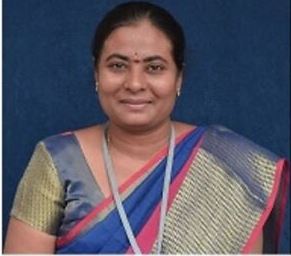
Dr. JALAJA P
Professor & HEAD
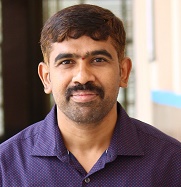
Dr.VENKATARAMANA B S
ASSO. PROF
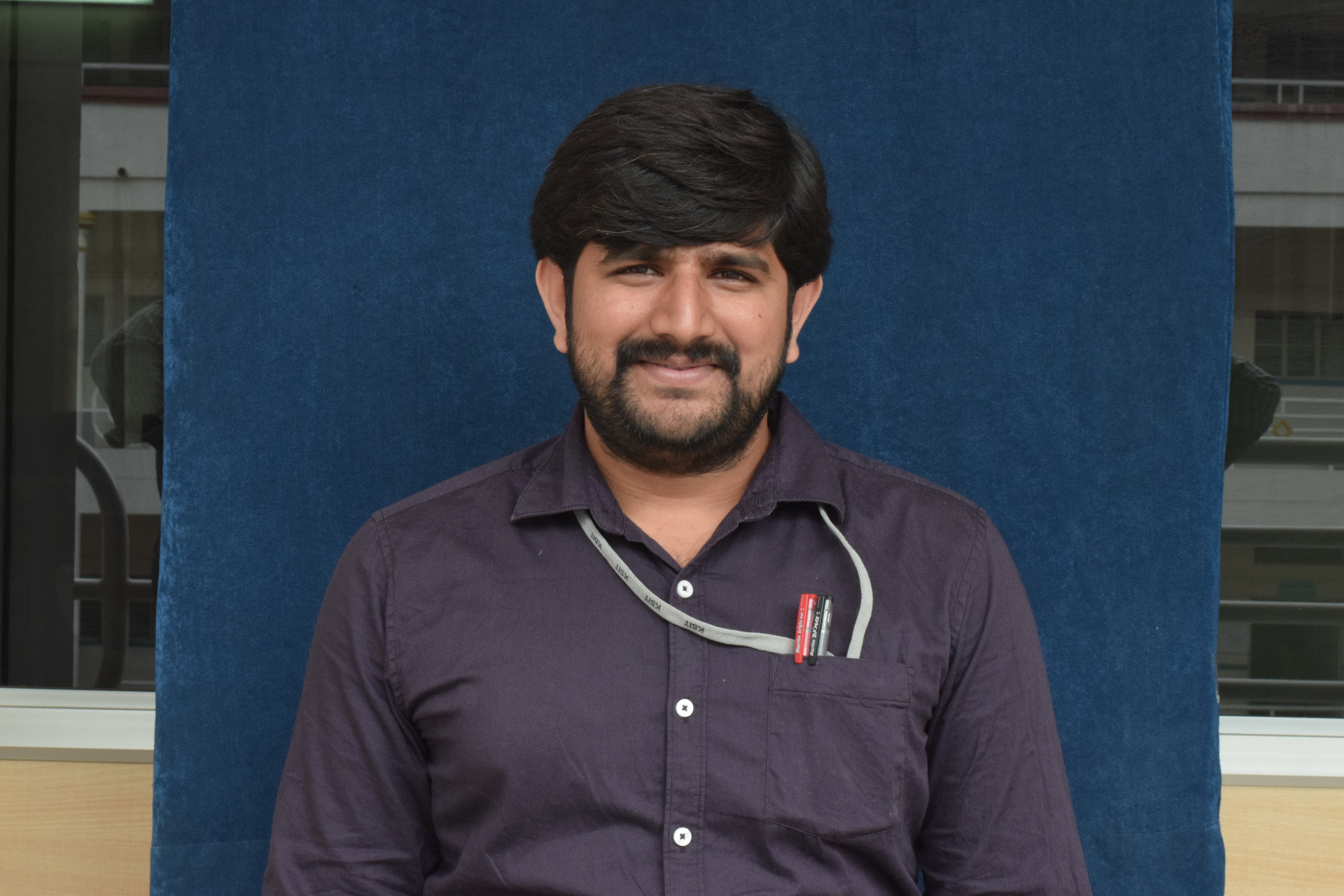
NAVEEN V
ASST.PROF
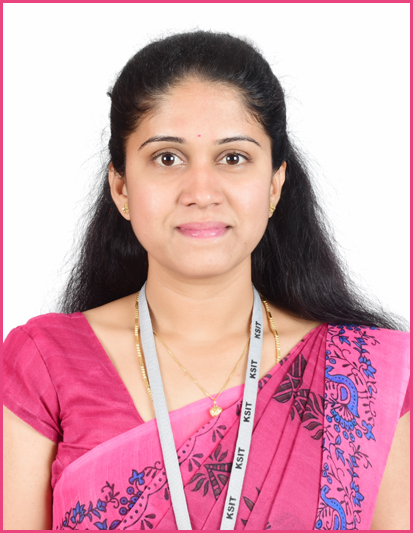
MAMATHA N
ASST.PROF
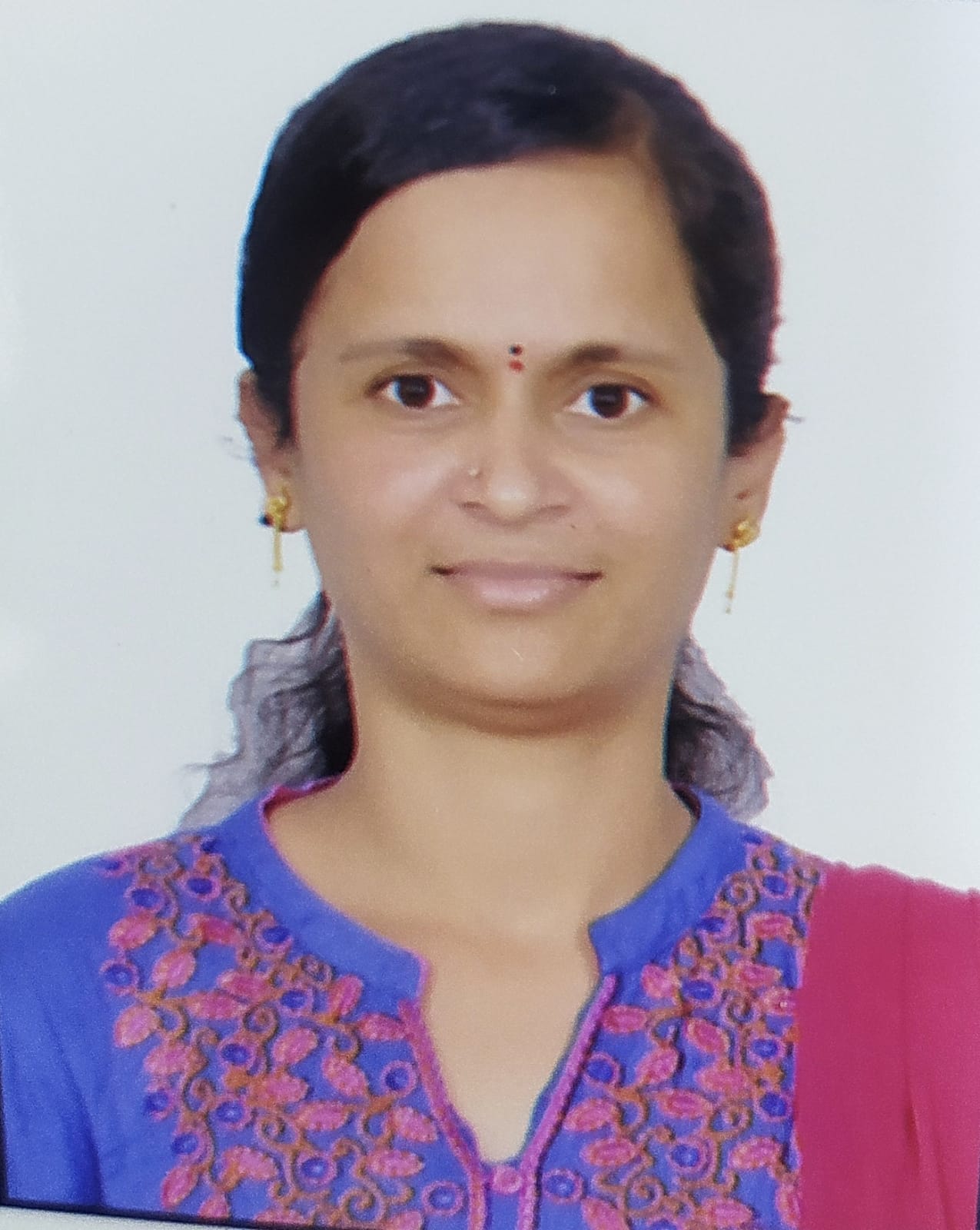
SOWMYA RANI C
ASST PROF
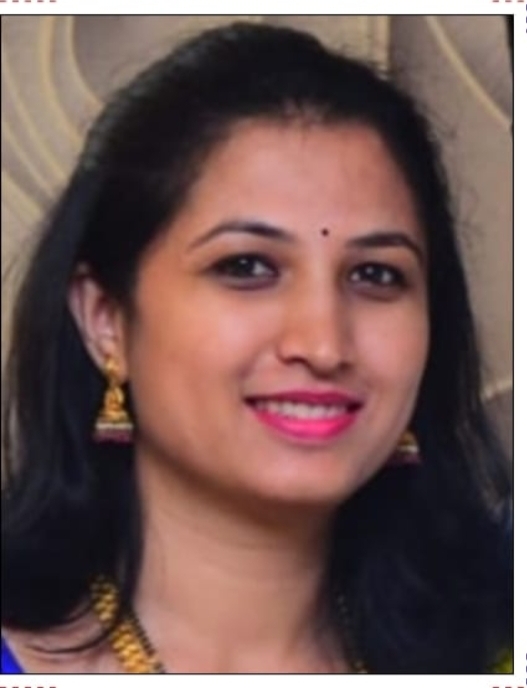
SUPRIYA M D
ASST.PROF
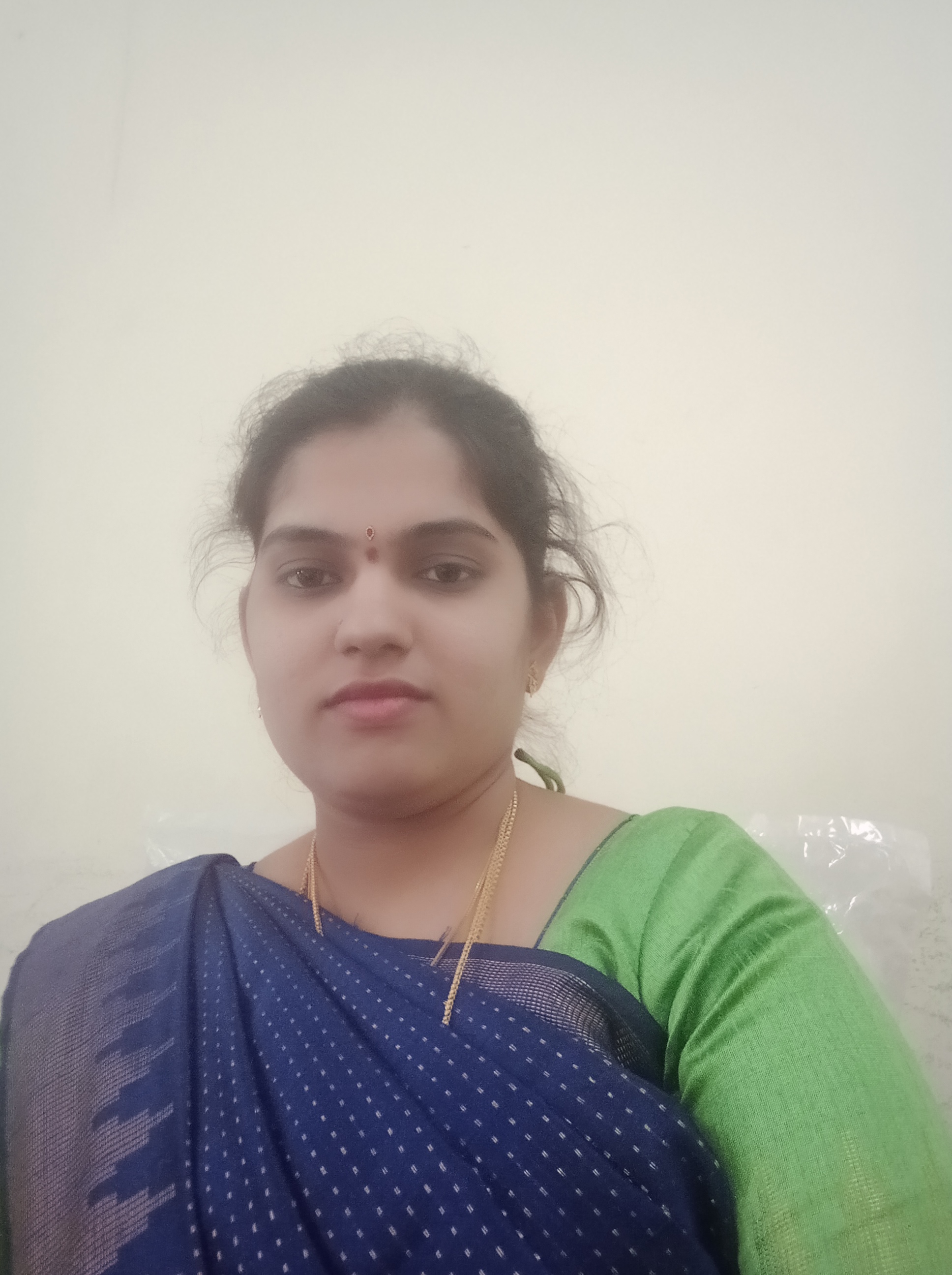
REKHA R
ASST.PROF
KUSUMA V
ASST.PROF
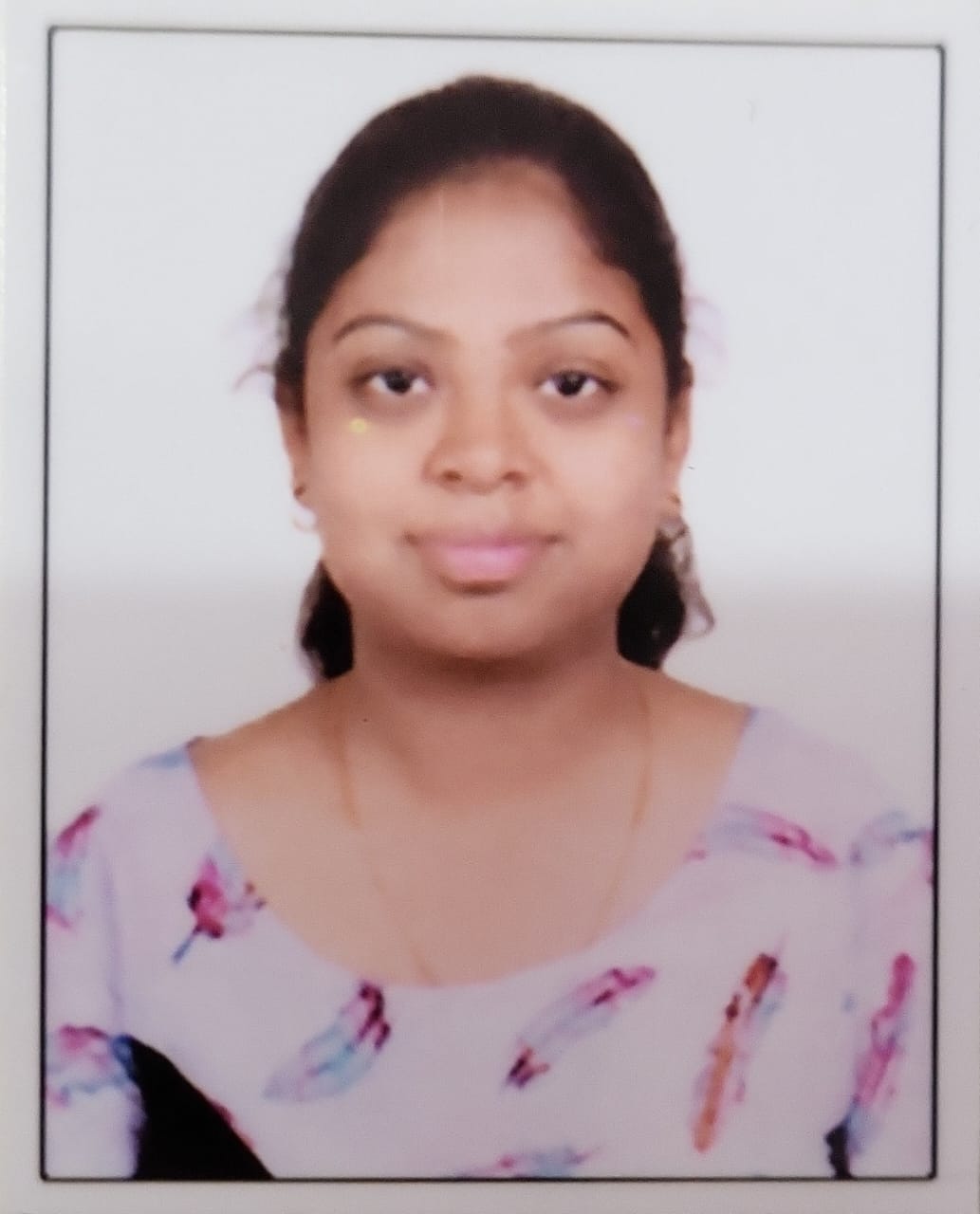
YUKKTHI R
ASST.PROF
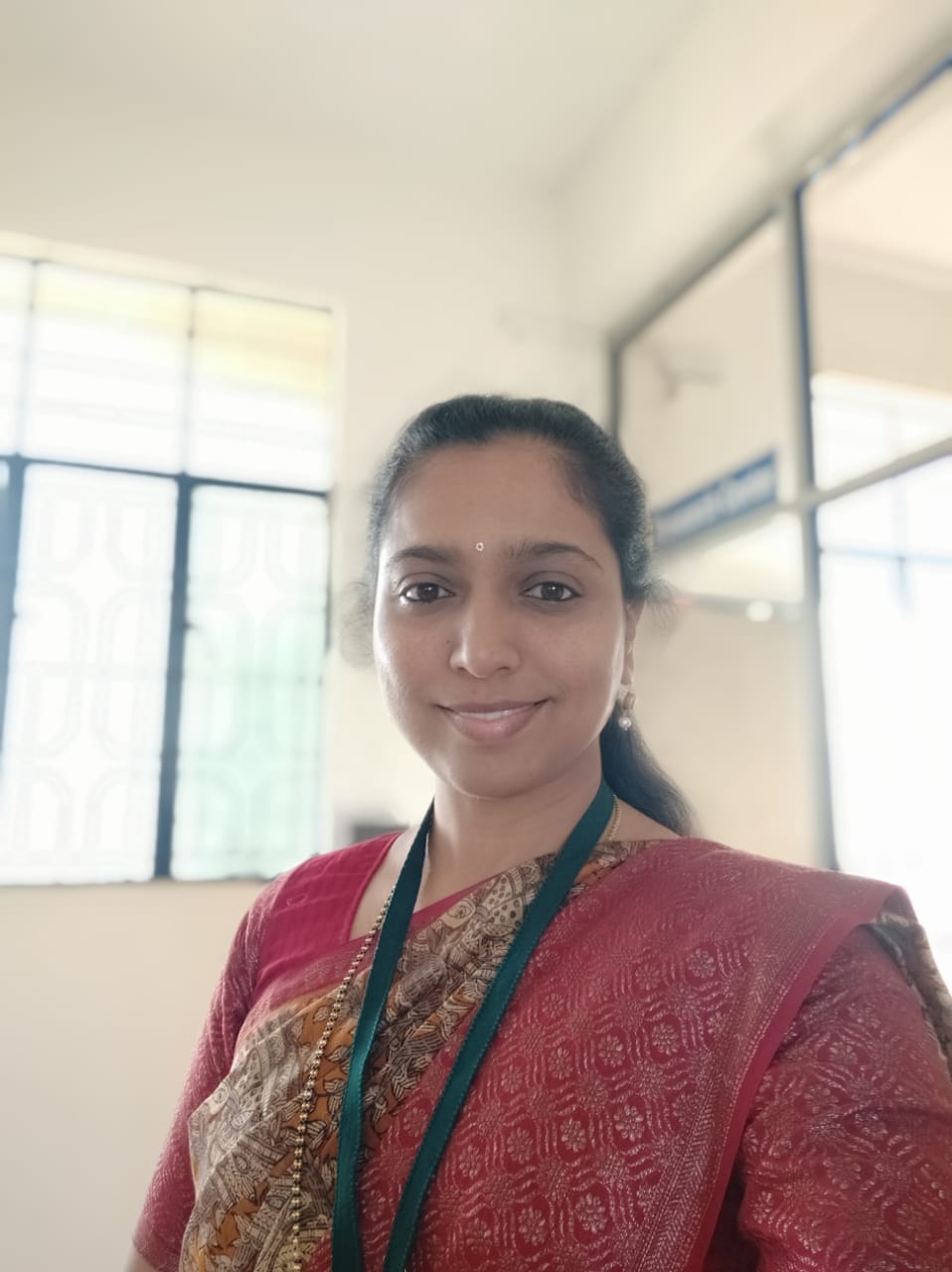
Dr. SHASHIKALA B S
ASSOCIATE PROFESSOR & HEAD
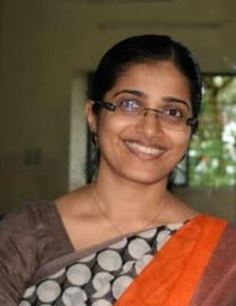
Dr. SHEEJA KRISHNAN
ASSOCIATE PROFESSOR
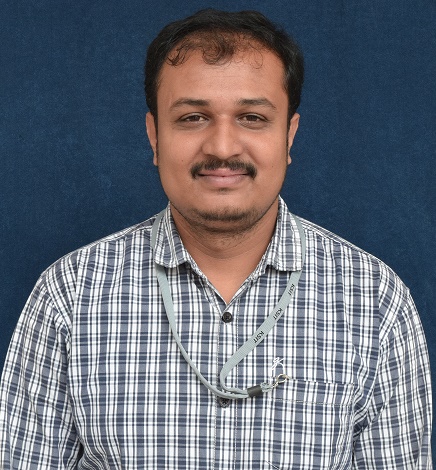
SUNIL KUMAR N
ASST. PROF
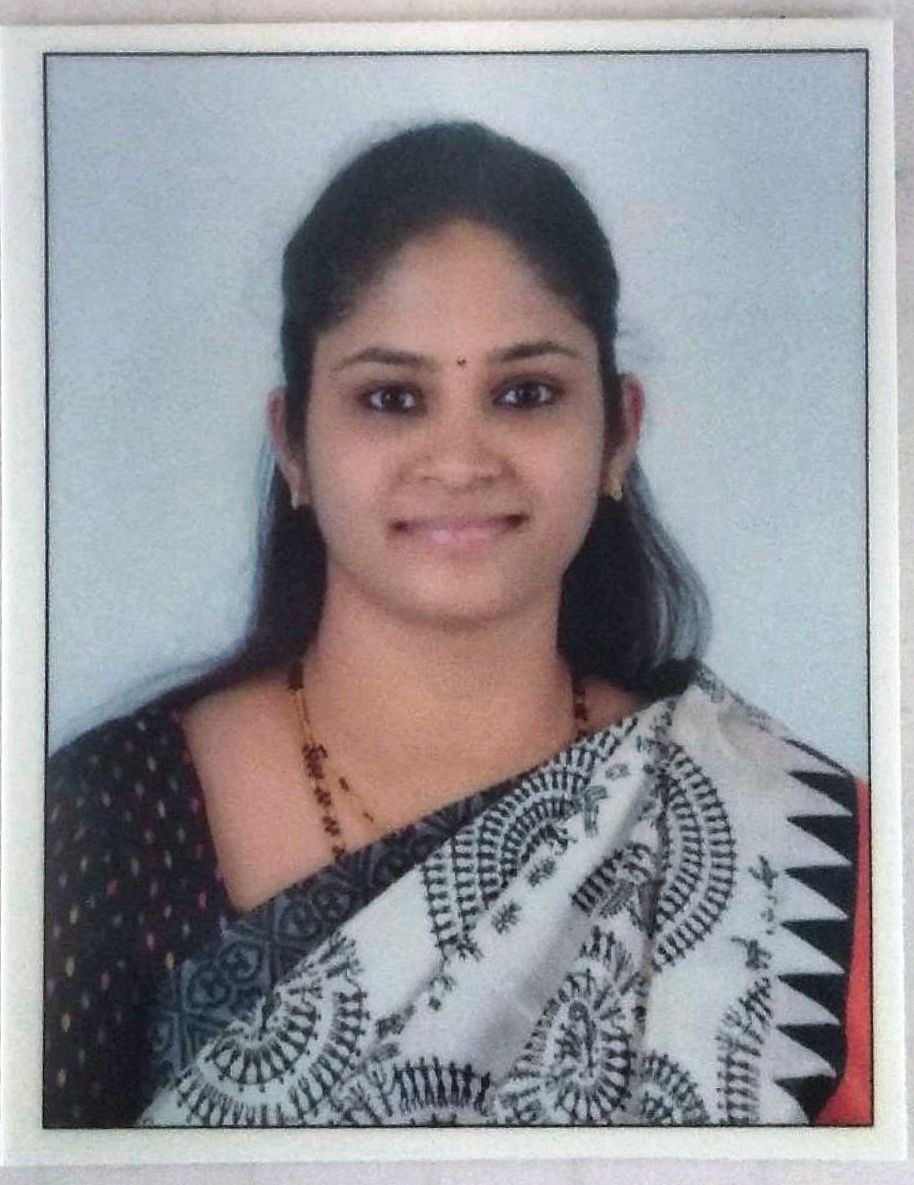
KAVYA T N
ASST. PROF
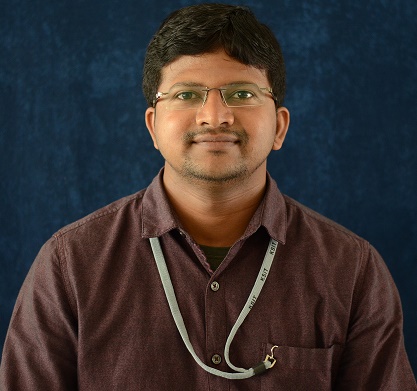
Dr.KIRAN KUMAR .S.R
ASST. PROF
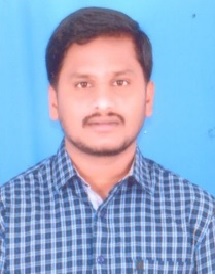
Dr. HARISHA S
ASST.PROF
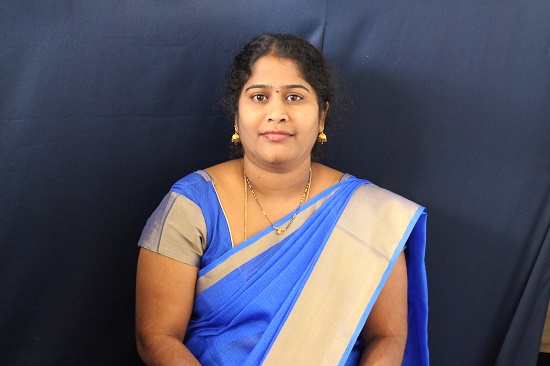
N.P.RADHIKA
ASST.PROF
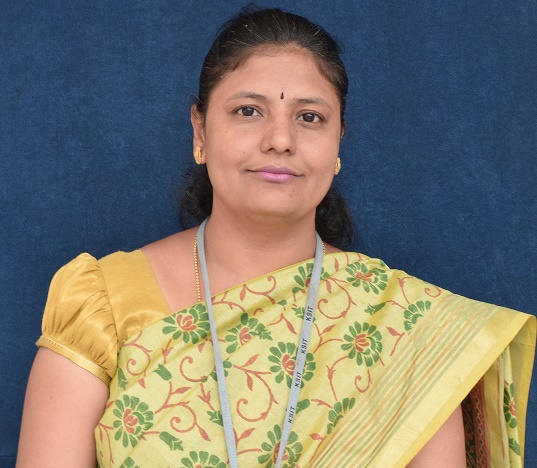
SHYLAJA.K.R
ASST. PROF

SWHETHA K C
ASST. PROF
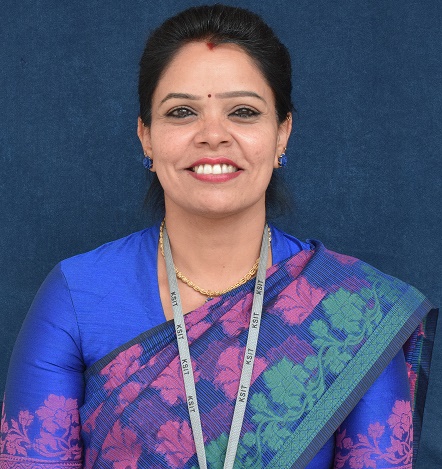
ANURADHA.M.V
Assistant Professor
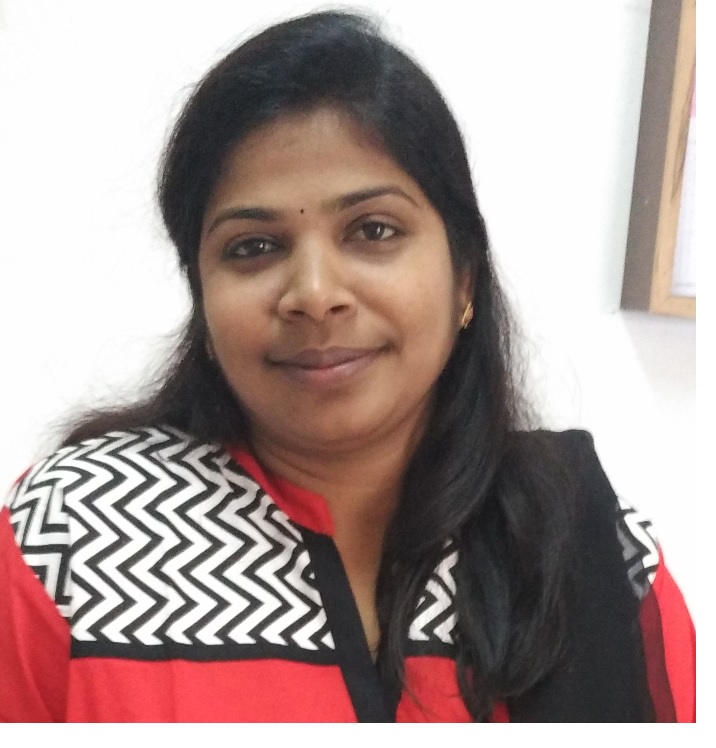
Dr. SHOBHA G
Assistant Professor
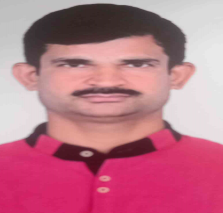
THRIMURTHY R
Assistant Professor

NIKITHA T
INSTRUCTOR
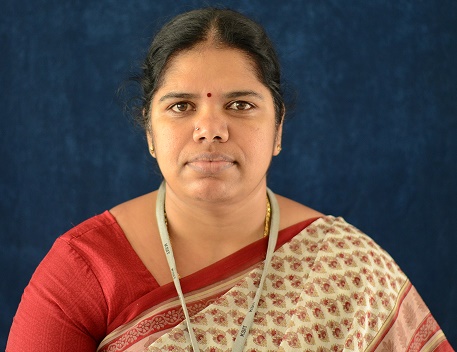
N VANI
INSTRUCTOR
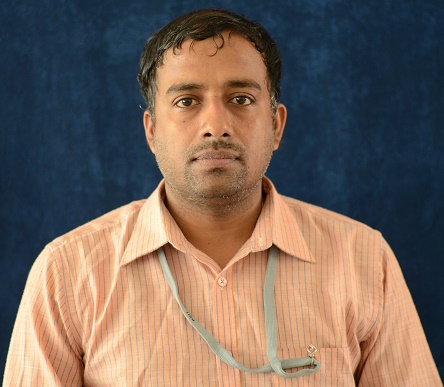
DEEPAK RAJ R T
SR. INSTRUCTOR
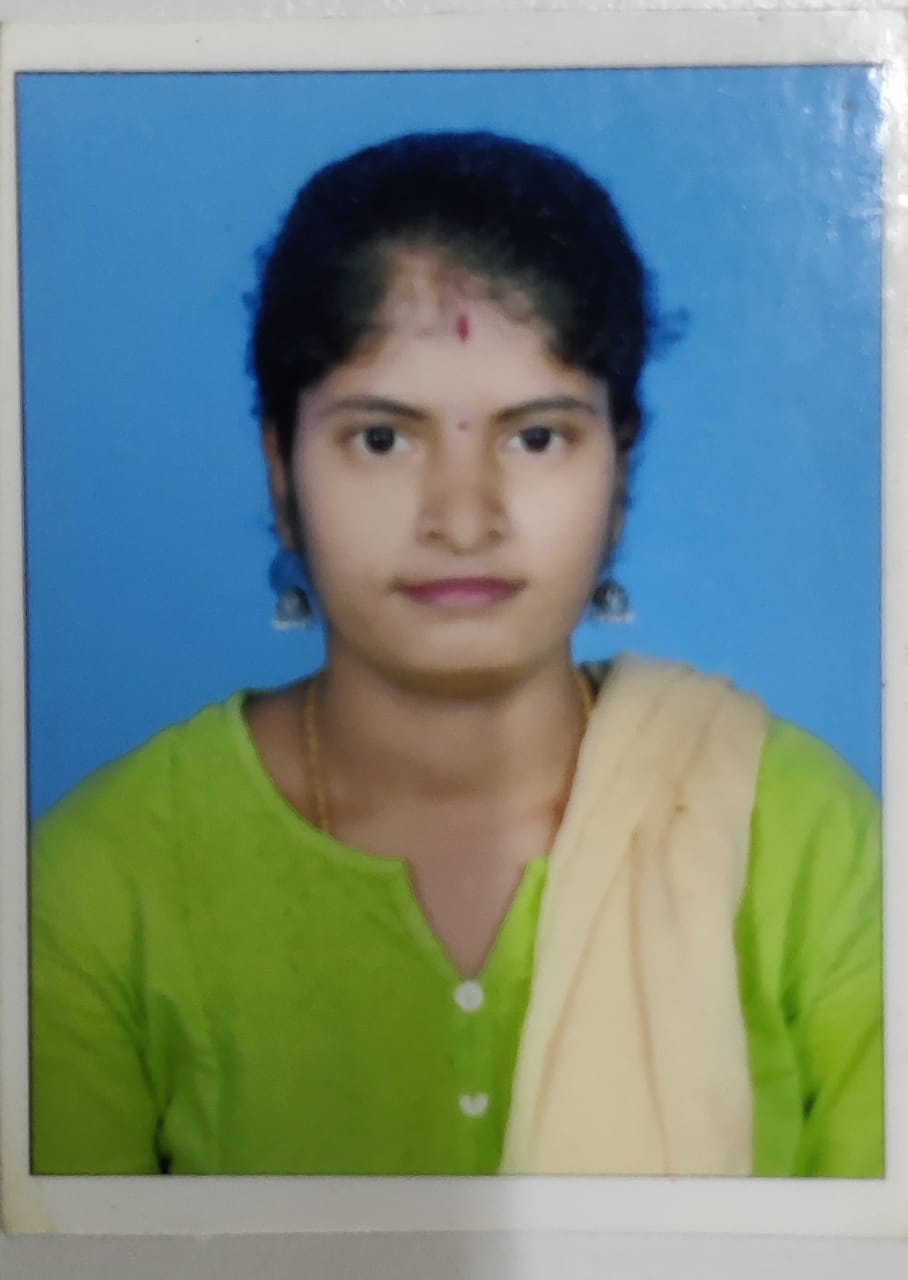
DRONADULA POOJITHA
ATTENDER
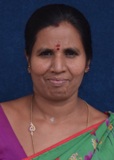
USHA J
ATTENDER
Lorem ipsum dolor sit amet, consectetur adipiscing elit. Fusce semper, magna a ultricies volutpat, mi eros viverra massa, vitae consequat nisi justo in tortor. Proin accumsan felis ac felis dapibus, non iaculis mi varius.
Lorem ipsum dolor sit amet, consectetur adipiscing elit. Fusce semper, magna a ultricies volutpat, mi eros viverra massa, vitae consequat nisi justo in tortor. Proin accumsan felis ac felis dapibus, non iaculis mi varius.